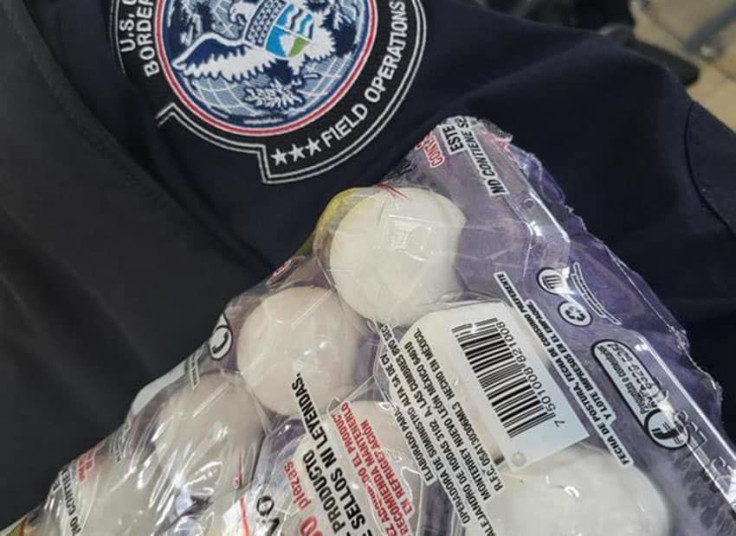Criminals frequently cross Mexico's northern border with the United States to carry persons and illegal drugs, Egg prices are so high that people are literally smuggling them across the the border. There's a reason why 81% of Americans have been observing the cost of eggs at their local supermarket: Even though general U.S. inflation appears to be slowing down, the cost of eggs only keeps going up.
A carton of a dozen eggs in the U.S. cost on average $4.25 in December, a 137% increase over the year prior. And the price of eggs increased 11.1% in December compared to the month before. When costs increase in such way, consumers frequently search for cheaper options. So it comes as no surprise that the quantity of eggs seized at the border between the United States and Mexico has increased recently, reports msn.
The United States has finally received some encouraging inflation-related news in recent months. Additionally, retailers provided Christmas sales and discounts, and shipping costs have decreased. Beef prices have also decreased. However, despite a local supply deficit that prevents consumers in many areas of the country from even finding eggs on grocery store shelves, egg prices have stayed persistently high throughout.
The solution is just across the border for a growing number of shoppers.
Reminder: Fresh eggs are prohibited from entry for passengers due to avian flu, Newcastle disease. Penalties range from $300-$1,000. @DFOLaredo egg interceptions up 300%. Not worth it. Read more on why they’re prohibited: https://t.co/mfpVA5upf4 pic.twitter.com/R1AFxbfQce
— CBP South Texas (@CBPSouthTexas) January 20, 2023
It appears that Americans who live close to the southern border enter Mexico to shop for groceries in order to avoid paying excessive costs in the United States. Travelers have lately been cautioned by U.S. Customs and Border Protection that bringing agricultural products like raw eggs and poultry into the country from Mexico may incur fines. The agency connected an increase in illegal foods confiscated by border officials with higher prices attributable to the bird flu epidemic.
Cheaper eggs in Mexico may seem like a simple way to save money given the high cost of living in the U.S., but Customs and Border Protection (CBP) wants to remind border people that any banned food items declared during inspection when going from Mexico will be gathered and destroyed.
"We are seeing an increase in people attempt to cross eggs from Juarez to El Paso because they are significantly less expensive in Mexico than the U.S. This is also occurring with added frequency at other southwest border locations as well," said Roger Maier, a CBP Public Affairs Specialist based in El Paso, Texas, reports foxnews. "There have been a very small number of cases in the last week or so where the eggs were not declared and then discovered during an inspection," Maier told FOX Business. "When that happens, the eggs are seized and the individual is assessed a $300 civil penalty. Penalties can be higher for repeat offenders or commercial size imports." "With food and agriculture products, the best advice to travelers is to always declare it. While many items may be permissible, it’s best to declare them to avoid possible fines and penalties if they are deemed prohibited," he added. "If they are declared and deemed prohibited, they can be abandoned without consequence. If they are undeclared and then discovered during an exam the traveler will be subject to penalties."
Between Nov. 1 and Jan. 17, the El Paso Field Office recorded a 92% increase in instances of tourists attempting to bring eggs into the country compared to the same time previous year. With 1,077 instances, a 368% rise from the previous year, the San Diego Field Office recorded the highest number of interceptions/encounters involving eggs.
A $300 civil fine is imposed on anyone found smuggling eggs, despite CBP claims that most persons declare their restricted foods when they are inspected at the border.

© 2025 Latin Times. All rights reserved. Do not reproduce without permission.




